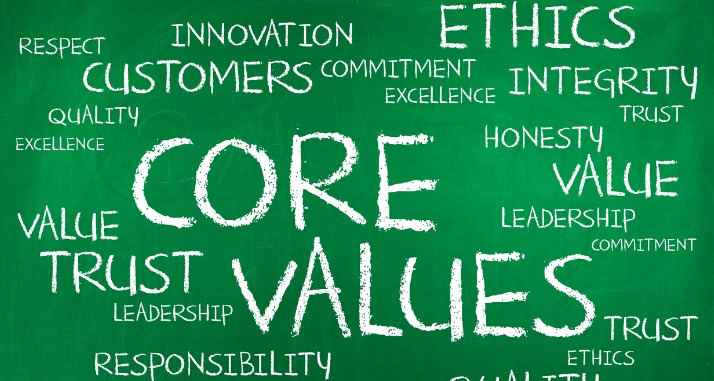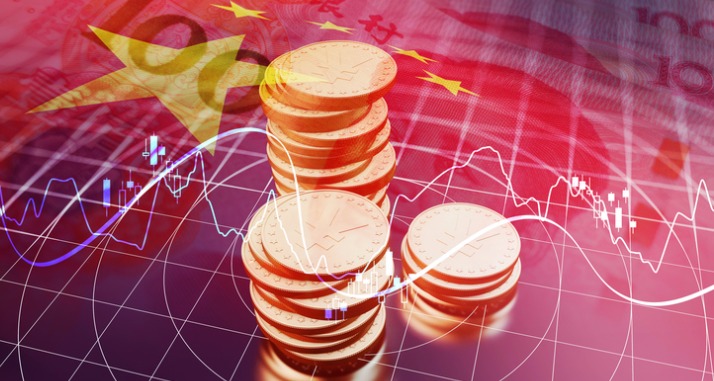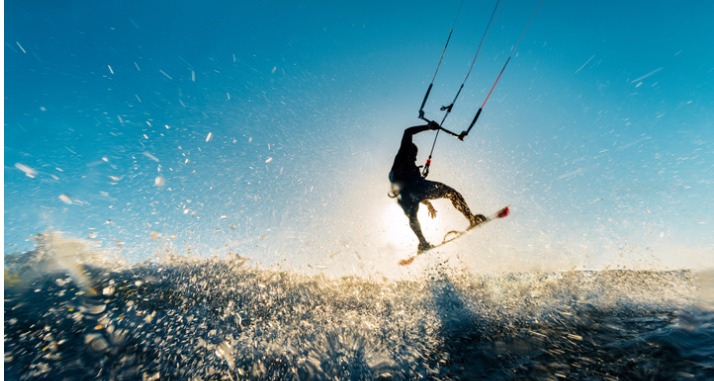Search the latest and greatest job opportunities in sport
Continuing on from Nic Couchman first instalment which you can read here , the Chairman of GlobalSportsJobs’ legal partner Couchmans LLP, continues his reflection on the latest sports law and intellectual property rights trends influencing the global sports industry in 2017.

6. Challenges to rights deals and processes
The big news in the EPL is that the top six clubs are seeking additional shares of international media rights revenues. A proposal to split 35% of the TV revenues from international rights sales according to league position - so-called merit payments - has not been accepted and, at the time of writing, the matter is on-going. The most commercially successful football league in the world currently splits its international media revenues equally among all clubs. Last season each club received approximately £39 million from overseas media sales.
The EPL rules require a two-thirds majority, or 14 clubs, vote for any rule change. This debate has yet to become a confrontation.

7. Integrity
Integrity issues in sport are ever higher on the agenda, and the scope of what is being defined as “integrity” is broadening. The concept of “financial integrity” is rapidly gaining traction, alongside match fixing and doping as top integrity issues.
Whilst the public are often forgiving of the transgressions of athletes and sports executives, the commercial consequences, often hidden from view, are undeniably damaging. Brands are increasingly undertaking detailed due diligence into sports properties before deciding to associate their brands with them. The warranties and representations expected from rights owners in sponsorship contracts are now a much more common part of a sponsor’s risk management process when investing in sport.
The headlines for sport in recent weeks have not painted a positive picture. Stories about doping, corruption, bribery, bullying, child abuse and violent conduct by athletes abound. The recent political protest by NFL players kneeling during the American national anthem has divided opinion amongst fans and resulted in law suits between players and team owners.
The values of sport are undoubtedly under intense scrutiny and the governing bodies under ever more pressure to instigate effective governance within robust legal frameworks.

8. Wearable tech and personal data
The next frontier for wearables is likely to be not just the capture but the analysis and interpretation of personal performance and biometric data of both professionals and amateur athletes to aide their training, nutrition, wellbeing, and injury prevention and rehabilitation programmes. Several companies are operating in this space, using Artificial Intelligence to help create the “quantified athlete”. These technologies, tested in the world of sport, could have much wider applications and health benefits beyond sport.
From a legal perspective, the right of the individual in terms of ownership and use of their own data will be of critical importance, as will the protection against cyber risk.
The new data protection regime - the General Data Protection Regulation ("GDPR") comes into force in Europe in May 2018 and is a major development which all sports organisations operating in Europe should be aware of. See our website at www.sportsdataprotection.com for more information.

9. China
China still merits its own category in the “Top Ten”, as much for the transformative deals that almost happened, as the deals that actually have. The big deals of 2017 include the purchase of AC Milan by a Chinese consortium, in a transaction reportedly worth €1 billion. In the sponsorship world, Alibaba’s 11 year partnership with the IOC, estimated to be worth over $800 million, is the biggest in Olympic history and also includes e-commerce rights and media rights in the Chinese market. Chinese smartphone company Vivo is now a FIFA World Cup sponsor, expected to pay around $60 million per year over the next two tournaments.
Chinese interests have now made investments in over 19 football clubs in the UK and Europe in the last two years.
However, it is undoubtedly the case that a number of Chinese related transactions proceed to contract but then cannot complete for some reason e.g. exchange control problems. The Chinese market is highly politicized and there has been some strong state criticism recently of ‘irrational investments’. It may well be that, following the early surge in international sports acquisitions, only those sports projects which deliver tangible benefits and value to China itself, rather than simply to Chinese investors, will find favour.

10. Niche Sports / New Formats
Minority, niche and lifestyle sports continue to expand and grow, driven by streaming, social media, and in the case of UFC for example, pay per view. The McGregor versus Mayweather fight - itself a contest designed to attract the fans of two sports, MMA and boxing - became the biggest pay per view event of all time, allegedly topping $700 million of TV revenues. It also drew criticism for the technical failures, including delaying the fight due to pay per view outages across cable and satellite providers as well as the on-line offering.
At the other end of the sports spectrum, in surfing, the Kelly Slater Wave Pool Company, now majority owned by pro surfing’s governing organization, the World Surf League, hosted the first major pro surfer wave pool competition in September 2017, including launching a completely new format which enables TV friendly, stadium surfing featuring predictably perfect waves and the best surfers in the world. Pro surfing could soon be on prime time television and surfing now has the potential to become an inland sport, an extraordinary development even in these fast changing times for sport.
As minority sports become more mainstream, their global governance and ownership structures become more important and in some cases heavily contested. Parkour has set up its first international governing body, “Parkour Earth”. Meanwhile the global governance of the sport of stand up paddle boarding is being fought over by the International Surfing Association and the International Canoe Federation.
Couchmans LLP is the UK's premier specialist sports law firm. For more information visit: www.couchmansllp.com . Nic Couchman is Chairman and in this interview with GlobalSportsJobs shared his insights on sports law and what it takes to build a successful career in the sports business:
Give your career in sport a boost with the latest live vacancies , or create an account today and stay up to date with all the latest industry knowledge, events and jobs in sport.
Search the latest and greatest job opportunities in sport